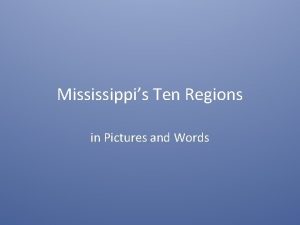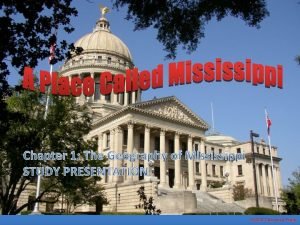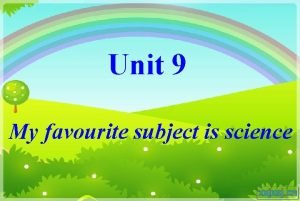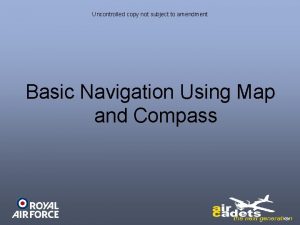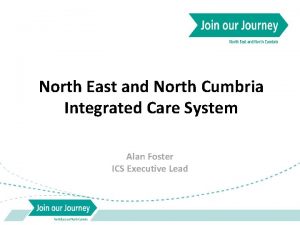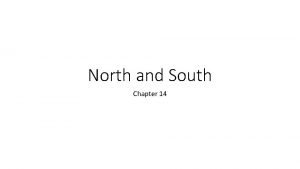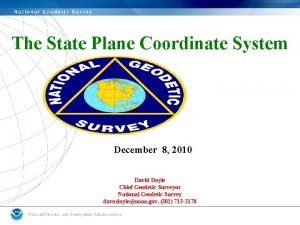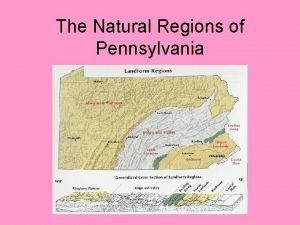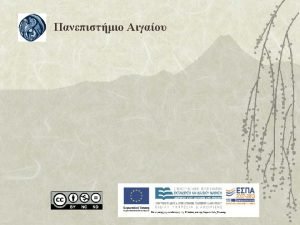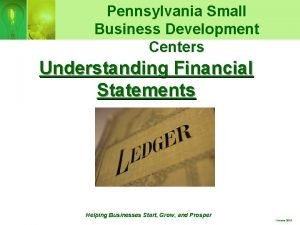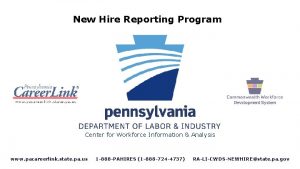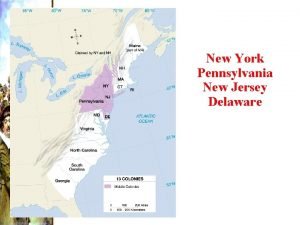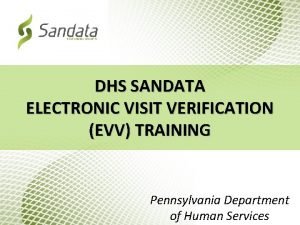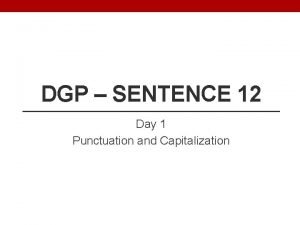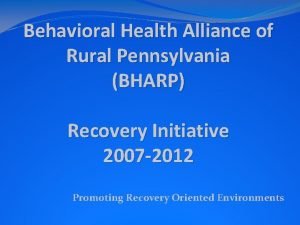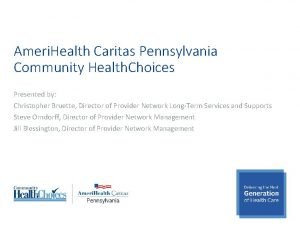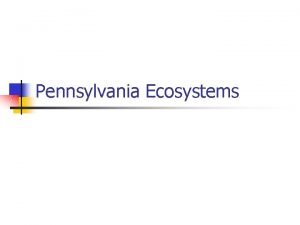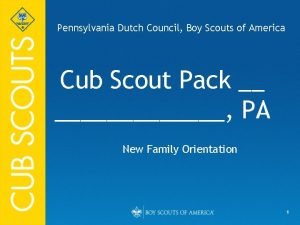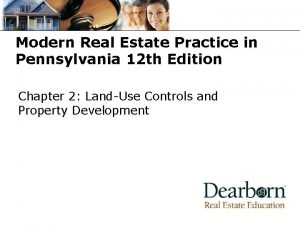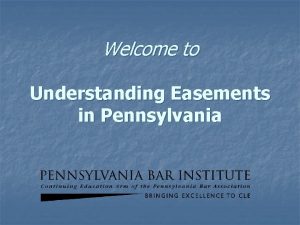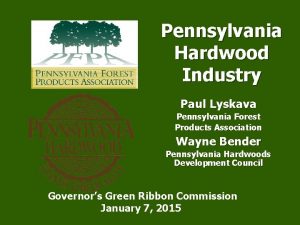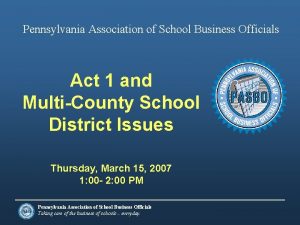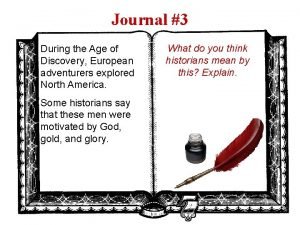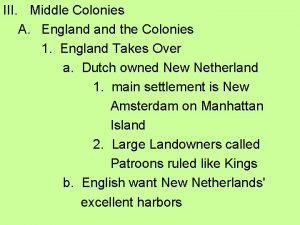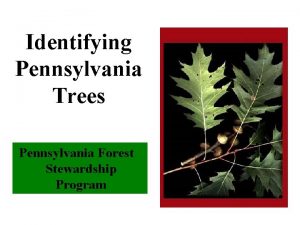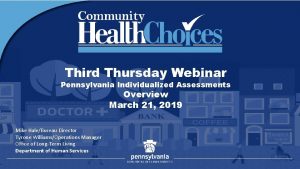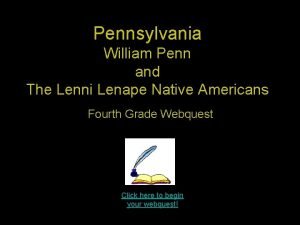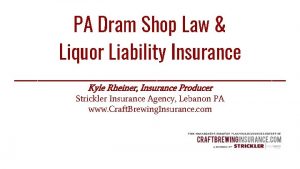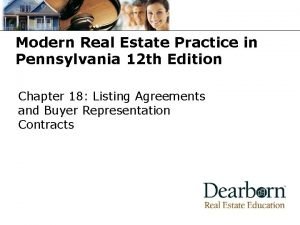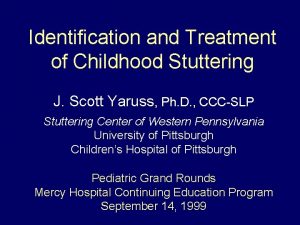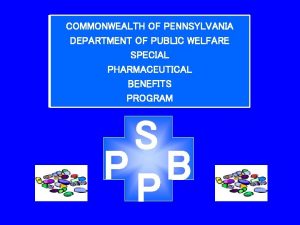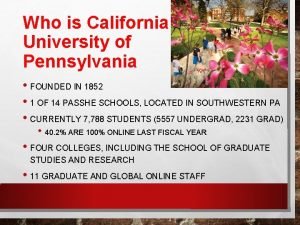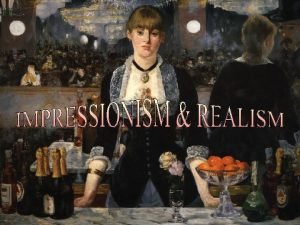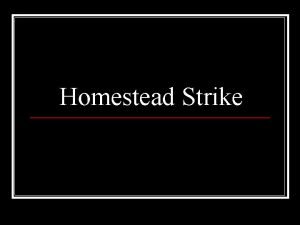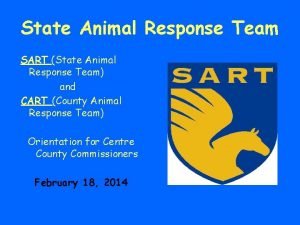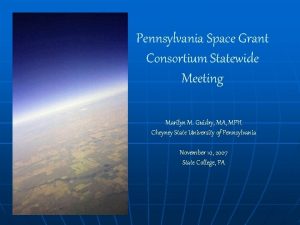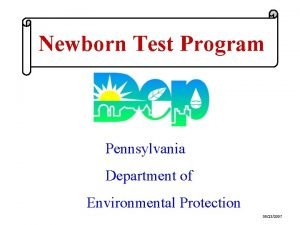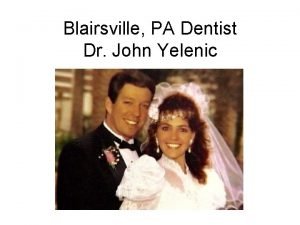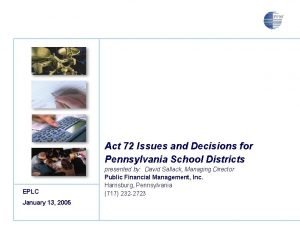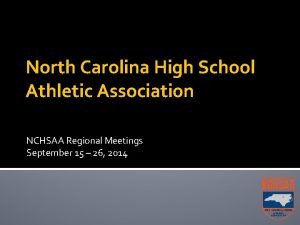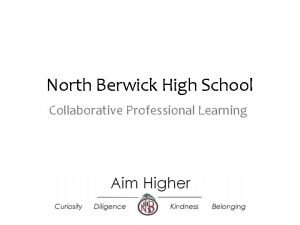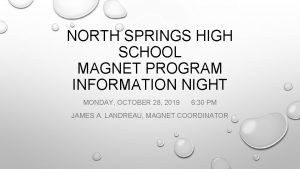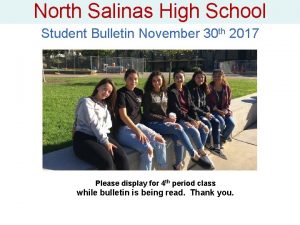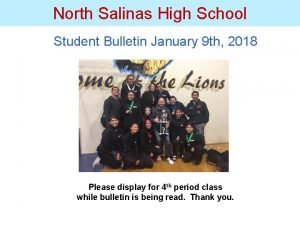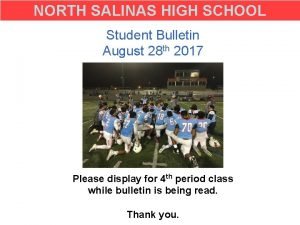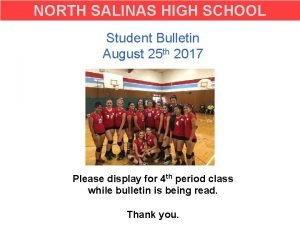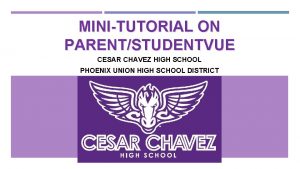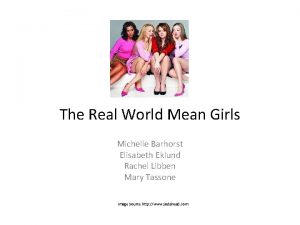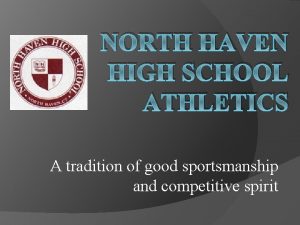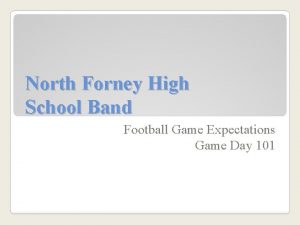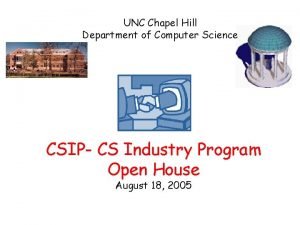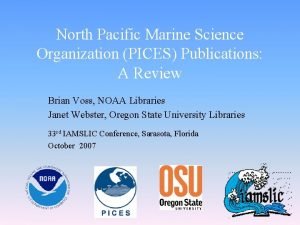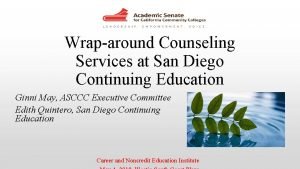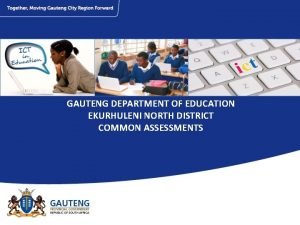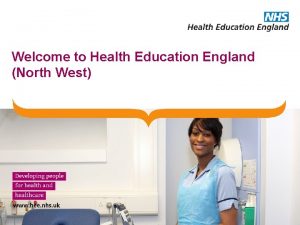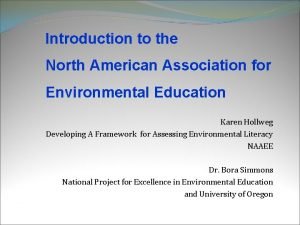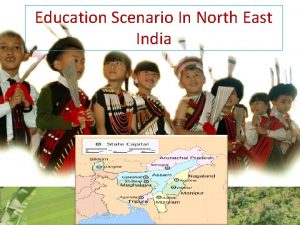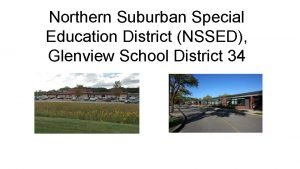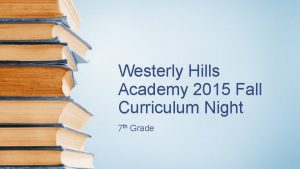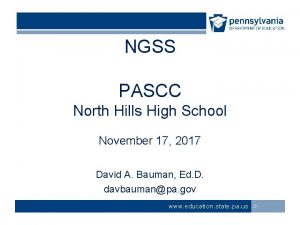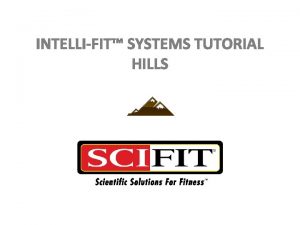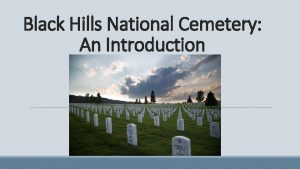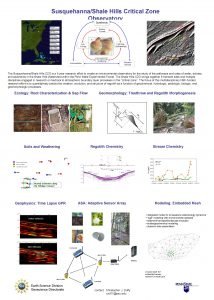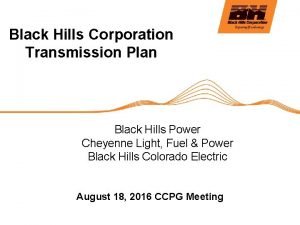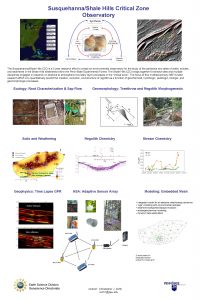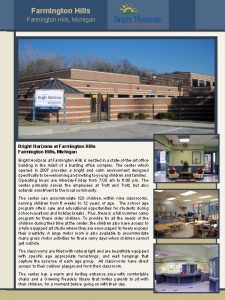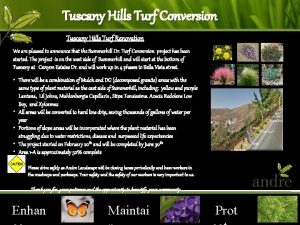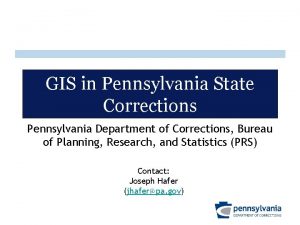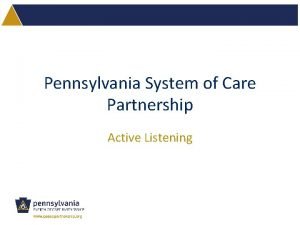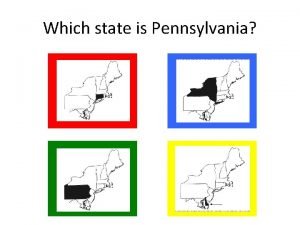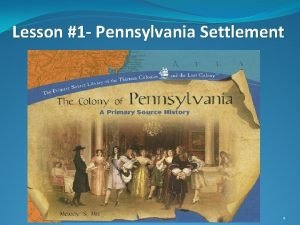Science Education in Pennsylvania PASCC North Hills High






































































- Slides: 70

Science Education in Pennsylvania PASCC North Hills High School November 17, 2017 David A. Bauman, Ed. D. davbauman@pa. gov www. education. state. pa. us >

Agenda • Integration • Nature of Science / Inquiry • Pennsylvania Framework • NGSS • PSSA Exams • Three Dimensional Learning www. education. state. pa. us > 2

Question Is the Earth flat? www. education. state. pa. us > 3

Question Is the Earth flat? Is the Earth round? www. education. state. pa. us > 4

Question How do you know? www. education. state. pa. us > 5

Evidence • The moon • Ships • Constellations • Stick shadows • Higher one goes, the further one sees • Riding in an airplane • Center of mass • Images from space www. education. state. pa. us > 6

Science lives on the strength of the argument, NOT the text. . Lawrence Lowery www. education. state. pa. us > 7

Experts vs. Novices • Novices hold disconnected and contradictory bits of knowledge as isolated facts • Novices struggle to find ways to organize and integrate knowledge • Experts understand core principles and theoretical constructs of their field • Experts use their understanding to make sense of new knowledge or tackle novel problems • Focusing on core concepts will enable students to become more like experts and less like novices www. education. state. pa. us > 8

How Communicate Evidence? • The moon • Ships • Constellations • Stick shadows • Higher one goes, the further one sees • Riding an airplane • Center of mass • Images from space www. education. state. pa. us > 9

Role of ELA. . . It is very important that you learn about traxolite. Traxolite is a newly identified form of zionter which is montilled in Ceristanna. Large amounts of fevon are gristerlated and then bractered to quasol traxolite. www. education. state. pa. us > 10

Role of ELA. . . Please answer the following questions in complete sentences: 1. What is traxolite? 2. Where is traxolite montilled? 3. How is traxolite quasoled? www. education. state. pa. us > 11

Research shows that weaving together science and language development can increase students’ academic performance in reading, writing, and science simultaneously. www. education. state. pa. us > 12

Research Some promising practices are resulting in achievement levels that are double and even triple the state average for English learners who met or exceeded proficiency. www. education. state. pa. us > 13

www. education. state. pa. us > 14

Test Prep Best test prep should be good instruction. www. education. state. pa. us > 15

Crosscutting Concepts (NGSS) • • Patterns Cause and effect Scale, proportion, and quantity Systems and system models Energy and matter: Flows, cycles, and conservation Structure and function Stability and change www. education. state. pa. us > 16

Mental Models • Personal • Internal • Incomplete • Idosyncratic • Unstable www. education. state. pa. us > 17

Physical Conceptual Models • Clear • Shared • External • Analogs • Structural • Behavioral • Functional www. education. state. pa. us > 18

Developing and Using Models Develop Models Use Models • Conceptual Drawings • Use Simulations • Represent Phenomena • Test Designs www. education. state. pa. us > 19 19

Scientific Practices (NGSS) • • Asking Questions and Defining Problems Developing and Using Models Planning and Carrying Out Investigations Analyzing and Interpreting Data Using Mathematics and Computational Thinking Construction Explanations and Designing Solutions Engaging in Argument from Evidence Obtaining, Evaluating, and Communicating Information www. education. state. pa. us > 20

Learning Experiences Traditional Research Based • Third Hand • First Hand – Reading – Writing • Second Hand – Models – Examples • First Hand – Experiences – Phenomena • Second Hand – Models – Examples • Third Hand – Reading – Writing www. education. state. pa. us > 21 21

Curiosity is the desire to know why, how, or who. . Mario Livio What is the focus in our science classrooms? www. education. state. pa. us > 22

John “Jack” Horner What I discovered in my research was that many other scientists had preconceived ideas based on what they had read. When I discovered something, I wrote about what I found and what conclusions I personally drew from those findings. I think that the best kind of science emerges when you follow your personal curiosity rather than following anybody else. Your only goal should be to try to satisfy your curiosity. www. education. state. pa. us > 23

Richard Feynman I don’t know anything, but I do know that everything is interesting if you go into it deeply enough. People find it much easier to learn about topics they are interested in. www. education. state. pa. us > 24

Chapter 4 § 4. 4. General policies. (a) It is the policy of the Board that the local curriculum be designed by school entities to achieve the academic standards under § 4. 12 (relating to academic standards) and any additional academic standards as determined by the school entity. § 4. 12. Academic standards. (a) School entities may develop, expand or improve existing academic standards in the following content areas: www. education. state. pa. us > 25

Science Standards Documents www. education. state. pa. us > 26

Science Standards Documents www. education. state. pa. us > 27

PDE Standards Documents 2002 Standards 2009 – 2016 Voluntary Standards www. education. state. pa. us > 28

PDE Standards Documents 2002 Standards 2009 – 2016 Voluntary Standards www. education. state. pa. us > 29

PDE Standards Documents 2002 Standards 2009 – 2016 Voluntary Standards www. education. state. pa. us > 30

PDE Standards Documents PA Science Education Framework www. education. state. pa. us > 31

Assessment Anchors and Eligible Content • Fourth and Eighth Grade PSSA based on 2002 Standards – Only use 4 th and 8 th Grade AA / EC – 50% of PSSA is Nature of Science – 50% of PSSA is Physical, Life, Earth and Space Sciences • Biology Keystone – Use Biology Keystone AA / EC • Chemistry Keystone – Use Chemistry AA / EC www. education. state. pa. us > 32

PSSA Reporting Category www. education. state. pa. us > 33

PSSA Technical Report www. education. state. pa. us > 34

2002 Science Standards www. education. state. pa. us > 35

2002 Science Standards www. education. state. pa. us > 36

Science Framework Expectations www. education. state. pa. us > 37

SAS Voluntary Academic Standards www. education. state. pa. us > 38

SAS Voluntary Academic Standards 50% of PSSA is Nature of Science 50% of PSSA is Physical, Life, Earth and Space Sciences Fourth and Eighth Grade PSSA based on 2002 Standards www. education. state. pa. us > 39

SAS Voluntary Science Standards www. education. state. pa. us > 40

SAS Voluntary Science Standards www. education. state. pa. us > 41

SAS Voluntary Science Standards www. education. state. pa. us > 42

Would you teach. . . literature in the same way? www. education. state. pa. us > 43

Would you teach. . . literature in the same way? I don’t know anything, but I do know that everything is interesting if you go into it deeply enough. . Richard Feynman www. education. state. pa. us > 44

What do we ask of students? SAS Voluntary Standards • • Explain Describe Identify Recognize Demonstrate Differentiate Examine 72 65 42 24 16 13 10 NGSS • Develop/Use Models 46 • Construct Argument 22 • Plan and Conduct Investigation 18 • Analyze Data 16 • Make/Use Observations 14 • Mathematical Representation 11 www. education. state. pa. us > 45

The Framework is. . . • A tool to utilize in developing K-12 science curriculum • Not a standards document • Not a curriculum • A means to make sense of multiple documents • Conceptually based • Utilizes current research in teaching and learning science • Utilizes international research in science curriculum • Aligned with multiple assessment instruments • Provide direction for the coming years www. education. state. pa. us > 46

Science Framework • Nature of Science • Inquiry (NGSS: Science Practices) • Unifying Themes (NGSS: Crosscutting Concepts) • Content (DCI) • Physical Sciences • Life Science • Earth and Space Sciences • Alignment with Standards / AA & EC • Repetition / Gaps www. education. state. pa. us > 47

Crosscutting Concepts • • Patterns Cause and effect Scale, proportion, and quantity Systems and system models Energy and matter: Flows, cycles, and conservation Structure and function Stability and change www. education. state. pa. us > 48

Science Practices • • Ask Questions and Defining Problems Develop and Use Models Plan and Carry Out Investigations Analyze and Interpret Data Use Mathematics and Computational Thinking Construct Explanations and Design Solutions Engage in Argument from Evidence Obtain, Evaluate, and Communicate Information www. education. state. pa. us > 49

Three Dimensional Learning Inquiry (Science Practices) Content (DCI) Student Performance Unifying Themes (Crosscutting Concepts) www. education. state. pa. us > 50

Three Dimensional Learning Inquiry Content (DCI) Unifying Themes (Crosscutting Concepts) www. education. state. pa. us > 51

Conceptual Framework • Built on Constructivist Learning Theory • Utilizes three dimensional teaching and learning • Describes expectations of students to use knowledge and make sense of phenomena as a result of previous experiences • Inquiry Centered • Crosscutting concepts support students in making sense of phenomena • Crosscutting concepts provide a structure for engaging students in thinking • Focuses on making meaning • Standards based learning model www. education. state. pa. us > 52

Organization of Physical Science www. education. state. pa. us > 53

Organization of Life Science www. education. state. pa. us > 54

Organization of Earth and Space www. education. state. pa. us > 55

Topic Progression - Elementary www. education. state. pa. us > 56

Topic Progression - Middle School www. education. state. pa. us > 57

Science Framework Organization www. education. state. pa. us > 58

Science Framework Components 59

Science Framework Components 60

Science Framework Components 61

Does your curriculum. . . Include all Standards? • Reflect Science and Engineering Practices? • • Reflect Crosscutting Concepts? Include all AA / EC? • Incorporate 3 -Dimensional Learning? • Match grade level progressions? • Follow progression of concepts / topics? www. education. state. pa. us > 62

SAS Curriculum Framework www. education. state. pa. us > 63

SAS Curriculum Framework www. education. state. pa. us > 64

SAS Curriculum Framework www. education. state. pa. us > 65

SAS Curriculum Framework www. education. state. pa. us > 66

Questions • Anything for clarification? • Any questions? • Next? http: //www. pdesas. org/ www. education. state. pa. us > 67

Science Learning Community www. education. state. pa. us > 68

Science Learning Community www. education. state. pa. us > 69

Resources Unlocking Learning: Science as a Lever for English Learner Equity A Framework for K-12 Science Education Teaching about Evolution and the Nature of Science (Chapter 6) How People Learn NGSS www. education. state. pa. us > 70
 Academic standards in physical science
Academic standards in physical science Uplift north hills
Uplift north hills North central hills
North central hills Tennessee tombigbee
Tennessee tombigbee Individual oral
Individual oral What's your favourite subject?
What's your favourite subject? True north vs magnetic north
True north vs magnetic north Ics north east
Ics north east North and south lesson 3 southern cotton kingdom
North and south lesson 3 southern cotton kingdom The north pole ____ a latitude of 90 degrees north
The north pole ____ a latitude of 90 degrees north Pennsylvania state plane zones
Pennsylvania state plane zones Atlantic coastal plain pa
Atlantic coastal plain pa Rachel carson was born in 1907
Rachel carson was born in 1907 Pennsylvania
Pennsylvania Xoom energy pennsylvania
Xoom energy pennsylvania Pa new hire reporting form
Pa new hire reporting form New york pennsylvania new jersey delaware
New york pennsylvania new jersey delaware Pennsylvania medicaid evv
Pennsylvania medicaid evv My uncle from pittsburgh pennsylvania recently bought
My uncle from pittsburgh pennsylvania recently bought Bharp
Bharp Community health
Community health Pennsylvania ecosystems
Pennsylvania ecosystems Pennsylvania dutch council
Pennsylvania dutch council Modern real estate practice in pennsylvania 14th edition
Modern real estate practice in pennsylvania 14th edition Prescriptive easement pennsylvania
Prescriptive easement pennsylvania Pa forest products association
Pa forest products association Pennsylvania association of school business officials
Pennsylvania association of school business officials Mayflower compact significance
Mayflower compact significance Hanifin rajka atopic dermatitis
Hanifin rajka atopic dermatitis The southernmost part of pennsylvania was once called
The southernmost part of pennsylvania was once called Summer key for pennsylvania trees
Summer key for pennsylvania trees Nfce pennsylvania
Nfce pennsylvania Pennsylvania
Pennsylvania Liquor liability insurance pennsylvania
Liquor liability insurance pennsylvania Modern real estate practice in pennsylvania
Modern real estate practice in pennsylvania Stuttering center of western pennsylvania
Stuttering center of western pennsylvania Spbp application
Spbp application California university of pennsylvania global online
California university of pennsylvania global online Who is in this image
Who is in this image Homestead pennsylvania tourism
Homestead pennsylvania tourism Pennsylvania state animal response team
Pennsylvania state animal response team Pa space grant
Pa space grant Free radon test kit pa
Free radon test kit pa Blairsville pa murder
Blairsville pa murder Act 72 pennsylvania
Act 72 pennsylvania Hopkins north junior high school
Hopkins north junior high school North carolina high school athletic association
North carolina high school athletic association North berwick high school
North berwick high school North springs high school magnet program
North springs high school magnet program North high school worcester
North high school worcester North salinas high school
North salinas high school North salinas high school
North salinas high school North salinas high school
North salinas high school North salinas high school football
North salinas high school football North high school studentvue
North high school studentvue Cady's map to north shore high school
Cady's map to north shore high school North durham high school
North durham high school Edease parent access
Edease parent access North haven high school athletics
North haven high school athletics Forney flag football
Forney flag football Computer science unc chapel hill
Computer science unc chapel hill North pacific marine science organization
North pacific marine science organization San diego continuing education north city campus
San diego continuing education north city campus Gauteng north district
Gauteng north district Health education north west
Health education north west North american association for environmental education
North american association for environmental education Education in north east india
Education in north east india Northern suburban special education district
Northern suburban special education district Santa hills
Santa hills Amana academy uniforms
Amana academy uniforms Canvas dvusd
Canvas dvusd


